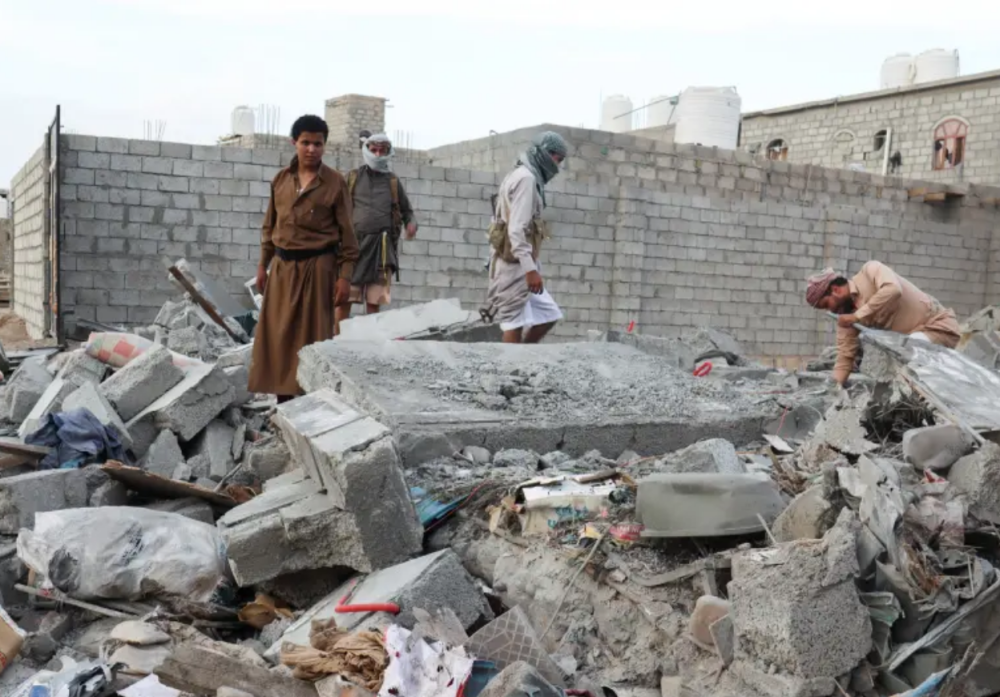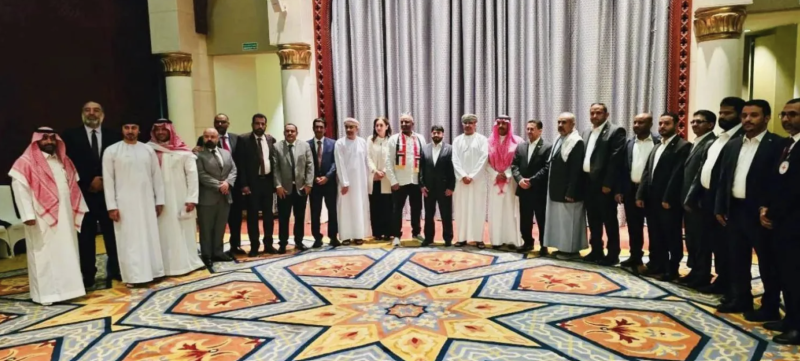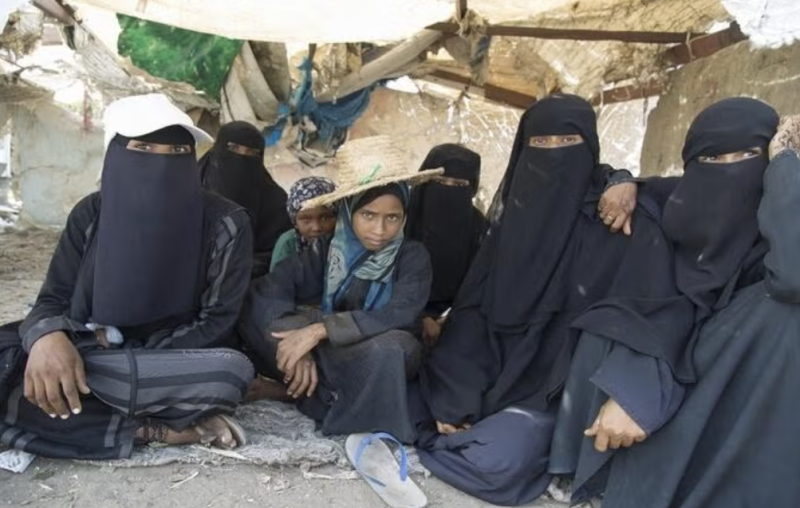How can peace return to Yemen?


What Yemen needs is a return to a unified structure, democratic elections, and an inclusive government. It does not need a return to two states.
Yemen is in the midst of a nine-year civil conflict which has left 80% of the population – some 24 million people, including almost 13 million children – in urgent need of aid and protection. Acknowledged by the UN to be “the largest humanitarian crisis in the world,” more than 14 million people in Yemen are in acute need.
Starvation is widespread. UNICEF (the UN’s Children’s Fund) reports that as 2022 ended, around 2 million children under the age of five were experiencing starvation-induced wasting, severely in more than 500,000 cases.
On one level, the situation in Yemen is a product of the fault line that runs through Islam – the Sunni-Shia divide. The main protagonists are, on the one hand, the Shia Houthi rebels supported by Shi’ite Iran and, on the other, the UN-recognized Sunni government, aided on the ground by Saudi Arabia and its eight-nation Sunni Muslim coalition.
Why is there conflict in Yemen?
For a fair part of the 20th century, there were two Yemens, created by political events – a monarchy in the north and a republic in the south, which for a long time was a communist regime aligned with the old Soviet Union. A succession of conflicts between them, resulted, in 1970, in a dominant north and a subdued south, the two never fully at peace with each other. In 1978, Ali Abdullah Saleh became president of North Yemen. The collapse of the USSR in 1990 triggered the unification of the two Yemens as the Republic of Yemen with Saleh as president.
Saleh, autocratic and unpopular, was soon facing an ever-growing insurgency from Zaydi Shi’ites calling themselves Houthis after their charismatic leader, Hussein al Houthi. In 2011, Saleh became a victim of the so-called Arab Spring. Mass popular protests forced him to step down in favor of his vice president, Abed Rabbo Mansour Hadi.
Saleh, hoping to regain power, allied himself with his former enemies, the Houthis. Strengthened by Yemeni forces still loyal to Saleh, and supported with military hardware from Iran’s Revolutionary Guards, the Houthis overran large tracts of the country, including the capital city, Sanaa.
SAUDI ARABIA, alarmed at the prospect of Iran extending its footprint into the Arabian peninsula, intervened in March 2015 to beat back the Houthis. Saudi Crown Prince Mohammed bin Salman (MBS) assembled a coalition of Arab states, obtained the diplomatic backing of the US, UK, Turkey, and Pakistan, and launched a series of air strikes against the rebels.
The unconventional Saleh-Houthi partnership came to an abrupt end on December 2, 2017, when Saleh went on television to declare that he was ready to enter into dialogue with the Saudi-led coalition. This volte-face was to end in tragedy. On December 4, Saleh’s house in Sanaa was besieged by Houthi fighters. While attempting to escape, he was killed.
The Houthis, emboldened, started firing ballistic missiles into Saudi Arabia. The political situation was further complicated in 2017.
Meanwhile, UN Special Envoy Hans Grundberg had been hard at work. Painstakingly, he put together a truce between the government and the Houthis which came into effect in April 2022. Extended twice, it resulted in the longest period of stability in Yemen since the start of its civil war.
Although it came to an end on October 2, and the Houthis refused to renew it, Grundberg reported in May 2023 that it was continuing to deliver benefits, such as the entry of fuel and other commercial ships via the Hudaydah port, and commercial flights to and from the capital, Sanaa.
Grundberg said that his diplomatic efforts with representatives of the government, the Houthi rebels, and other players were continuing, and that he was encouraged by the positive and detailed discussions.
“There is clear determination on all sides,” he said, “to make progress towards a deal on humanitarian and economic measures, a permanent ceasefire and the resumption of a Yemeni-led political process under UN auspices.”
Although sporadic military incidents continue to occur, said Grundberg, hostility levels were significantly lower than before the truce.
“But the fragility of the military situation, the dire state of the economy, and the daily challenges facing the Yemeni people, provide us with constant reminders of why a more comprehensive agreement between the parties is so vital.”

Saudi Arabia welcomed the agreement signed on Tuesday, December 23, 2025, in Muscat, Oman, between the internationally recognized Yemeni government…

By/April Longley Alley* Among the broader regional repercussions of the Gaza ceasefire in October, one of the most signifi…

Al-Hodeidah – Local sources in Yemen’s Al-Hodeidah province have disclosed that Houthi militias are resorting to new methods of exploit…